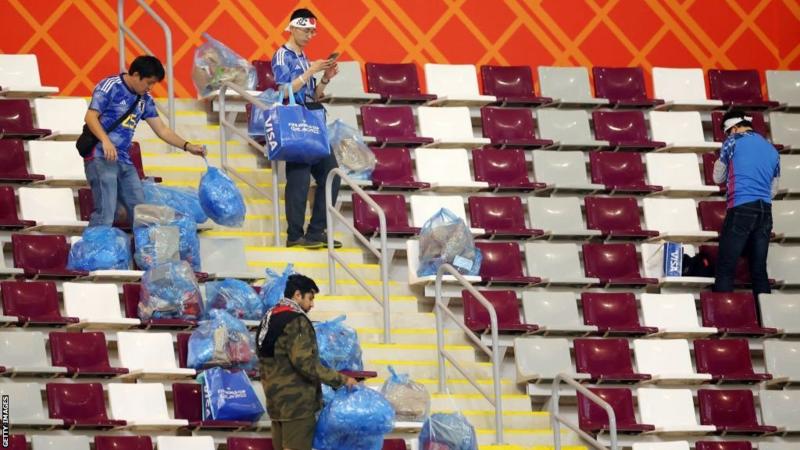Somewhat on-topic
16/1/24 18:26This movement has a strange hole in the center of it, revealed by asking: Why is the depiction of a Japanese warlord's palace considered a potential theft and reinforcement of racism, while an ancient French castle is not?
They are medieval France's most lasting legacy in popular culture. They've been rampant in English books, films, and now computer games, for centuries. They're a shorthand for pageantry, countryside, dangerous physical situations, and hearty food. Also of ghosts, magic, warlords, and ruin.
The medieval castle is not seen as normal. It is, without a doubt, exotic. I personally didn't set foot in an actual castle until I was 47 years old and traveled across an ocean, and even then it was just for an afternoon among a crowd of other fascinated tourists. There are no medieval castles in my home country, and there never were any. Yet I don't remember a time when I didn't know what one was, or find the idea exotic, all the way down through my childhood.
If the palace and the castle are both exotic, why the double standard?
Because "appropriation" and "theft" are defined from a Euro-centric point of view. That is, if it came from Europe, it isn't stolen, but if it came from somewhere else, it can be and probably is. This obviously hinges on the identity of the artist, who is assumed to be of European descent, which is kind of a retrograde assumption in an internationally connected world: To "protect" non-European culture, do we need to ignore the existence of non-European artists operating in the English-speaking world, in order to police what can and can't be ethically used as inspiration for art? Or do we need to establish some kind of vetting system to determine if a given artist is ethnically related to their material? That's a bit suspicious.
Hayao Miyazaki is a Japanese filmmaker, but his work is quite popular in the United States and Europe. When he depicts a French castle on rolling green hills in the paintings around a child's nursery in Spirited Away, it's clearly intended as exotic and fanciful, and perhaps to the initial Japanese audience it is even more exotic than it is to Americans or Europeans. Is this "appropriation" because he's a Japanese artist depicting French castles in Japanese art? Well, maybe. Does the same depiction undergo a change of status, when the same film is shown in France? Does it reinforce, or rely on, the idea that Japanese people find French people exotic and weird? Because of this, is Miyazaki a progressive force, or is he trading in alienating stereotypes?
When answers are hard to find, it could be that the question itself or the assumptions beneath it don't make sense. We can't anchor art to a Euro-centric viewpoint. It doesn't make sense to take a navigational compass, stick one end at that point, and use it to draw a circle around what isn't "theft" and then condemn anyone who reaches outside the circle as a cultural appropriator, if they use myths and history and architecture from a land outside of Western Europe.
The only sane way to approach this is by looking at the intentions behind the idea, which is to avoid harm and alienation. We should look at the details of a given "appropriation" and decide whether it's a positive depiction or a negative one. Is the depiction of a medieval castle implying that the people inside, or their descendants, are bad people? If so, then there is an obvious complaint to raise against its continued use. This recasts cultural appropriation as a subset of negative depiction in general, applying a sort of "know it when you see it" yardstick. That's not very objective, but I suspect it's the best one can do.
And perhaps there are people in France who are sick of tourists wandering through looking at castles and smiling; as if that's all France has to offer, as if the France of 500 years ago is more interesting than the France of today. Or, contrariwise, maybe they enjoy the economic boost of the tourism and embrace the chance to talk about their history to an otherwise unavailable audience. I reckon it's a bit of both.
I leave you with an interesting observation to consider, while you're thinking about representation and appropriation: In 40+ years of Japanese animation, including many extremely popular internationally-recognized works, have you noticed that the more of a villain or troublemaker a character is, the more ethnically European they tend to look?
I'm neither worried or bothered by this, I just find it interesting. Perhaps Japanese society has been so oppressive that antisocial behavior is just more believable when it's coming from a character that does not look Japanese.




